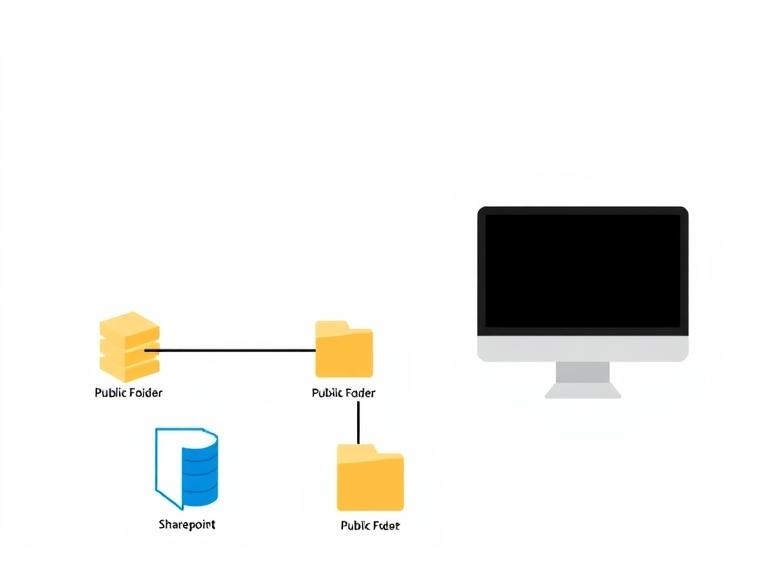Managing household expenses is a priority for many Australians, and energy bills often represent a significant portion of monthly outgoings. With the average monthly electricity bill for a typical household around $165 as of April 2024 , finding ways to reduce these costs can lead to substantial savings. Negotiating a better energy deal is a practical approach to achieving this. In this comprehensive guide, we’ll explore effective strategies to help you secure a more favourable energy plan, ensuring your home remains comfortable without overextending your budget.
Understanding Your Current Energy Usage
Before entering negotiations with energy providers, it’s crucial to have a clear understanding of your household’s energy consumption patterns. This knowledge not only empowers you during discussions but also helps in identifying the most suitable plans tailored to your needs.
Assess Your Energy Bills
Start by reviewing your recent energy bills to determine your average consumption. Look for patterns in usage, such as higher consumption during specific months, which could be due to seasonal changes. Pay attention to the following details:
- Total kWh Used: This indicates the amount of energy consumed during the billing period.
- Peak vs. Off-Peak Usage: Some plans offer different rates for energy used during peak and off-peak hours.
- Supply Charges: These are fixed daily charges for being connected to the energy network, regardless of usage.
Compare Your Usage to Similar Households
Understanding how your energy consumption compares to similar households can provide valuable context. The Australian Energy Regulator’s Energy Made Easy website offers a tool to compare your usage with others in your area . This comparison can highlight whether your consumption is above or below average, informing your negotiation strategy.
Researching Energy Providers and Plans
Armed with knowledge about your energy usage, the next step is to research available energy providers and their plans. This ensures you’re aware of the options and can leverage this information during negotiations.
Utilize Government Comparison Tools
The Australian Government provides free and independent comparison websites to assist consumers:
- Energy Made Easy: This platform allows residents in New South Wales, Queensland, South Australia, Tasmania, and the Australian Capital Territory to compare energy plans based on their specific usage .
- Victorian Energy Compare: For those in Victoria, this tool offers a comprehensive comparison of electricity, gas, and solar offers from all energy retailers .
By inputting your energy usage data, these platforms can provide a list of available plans, highlighting potential savings.

Consider Customer Reviews and Ratings
Beyond pricing, consider the quality of service provided by energy companies. Websites like Canstar Blue offer customer reviews and ratings for various providers, including insights into customer satisfaction and service reliability .
Strategies for Negotiating a Better Deal
With a solid understanding of your energy usage and the available plans, you’re now prepared to negotiate with your current provider or consider switching to a new one.
Contact Your Current Provider
Begin by reaching out to your existing energy provider. Express your interest in reviewing your current plan and inquire about any available discounts or promotions. Providers often have retention offers to keep existing customers.
Tip: Before making the call, have information about competitor offers on hand. This allows you to present concrete alternatives, demonstrating your willingness to switch if a better deal isn’t available.
Highlight Your Loyalty
If you’ve been a long-term customer, mention this during your conversation. Companies value customer loyalty and may offer special rates or discounts to retain you.
Be Prepared to Switch
While negotiating, make it clear that you’re considering other providers. This can motivate your current provider to offer a more competitive deal. However, if they don’t present a satisfactory offer, be prepared to switch to a provider that offers better terms.
Exploring Alternative Energy Providers
If negotiations with your current provider don’t yield the desired results, consider exploring other energy companies that may offer more competitive rates or better customer service.
Tango Energy
One such provider is Tango Energy, known for its transparent pricing and customer-centric approach. According to customer feedback, Tango Energy offers straightforward plans without hidden fees, making it a favourable choice for many Australians .
Key Features of Tango Energy:
- Competitive Rates: Tango Energy offers some of the most competitive rates in the market, helping households reduce their energy expenses.
- Green Energy Options: For environmentally conscious consumers, Tango provides GreenPower accredited options, allowing you to support renewable energy initiatives .
- Positive Customer Reviews: Many customers have praised Tango Energy for its easy-to-understand plans and responsive customer service .
When considering a switch to Tango Energy or any other provider, use the Energy Compare tool to compare plans and ensure the new provider meets your specific needs.
Additional Tips to Reduce Energy Costs
Beyond negotiating a better deal, there are practical steps you can take to further reduce your energy bills:
- Invest in Energy-Efficient Appliances: Appliances with higher energy ratings consume less electricity, leading to long-term savings.
- Implement Energy-Saving Habits: Simple actions like turning off lights when not in use, using cold water for laundry, and setting thermostats to optimal temperatures can significantly reduce consumption.
- Consider Solar Energy: Installing solar panels can decrease reliance on the grid and lower electricity bills. Additionally, some states offer incentives for solar installations.
- Regularly Review Your Energy Plan: Energy markets evolve, and new deals become available. Set a reminder to review your energy plan annually to ensure you’re always on a competitive rate.
Conclusion
Negotiating a better energy deal requires a combination of understanding your consumption, researching available options, and proactively engaging with providers.













